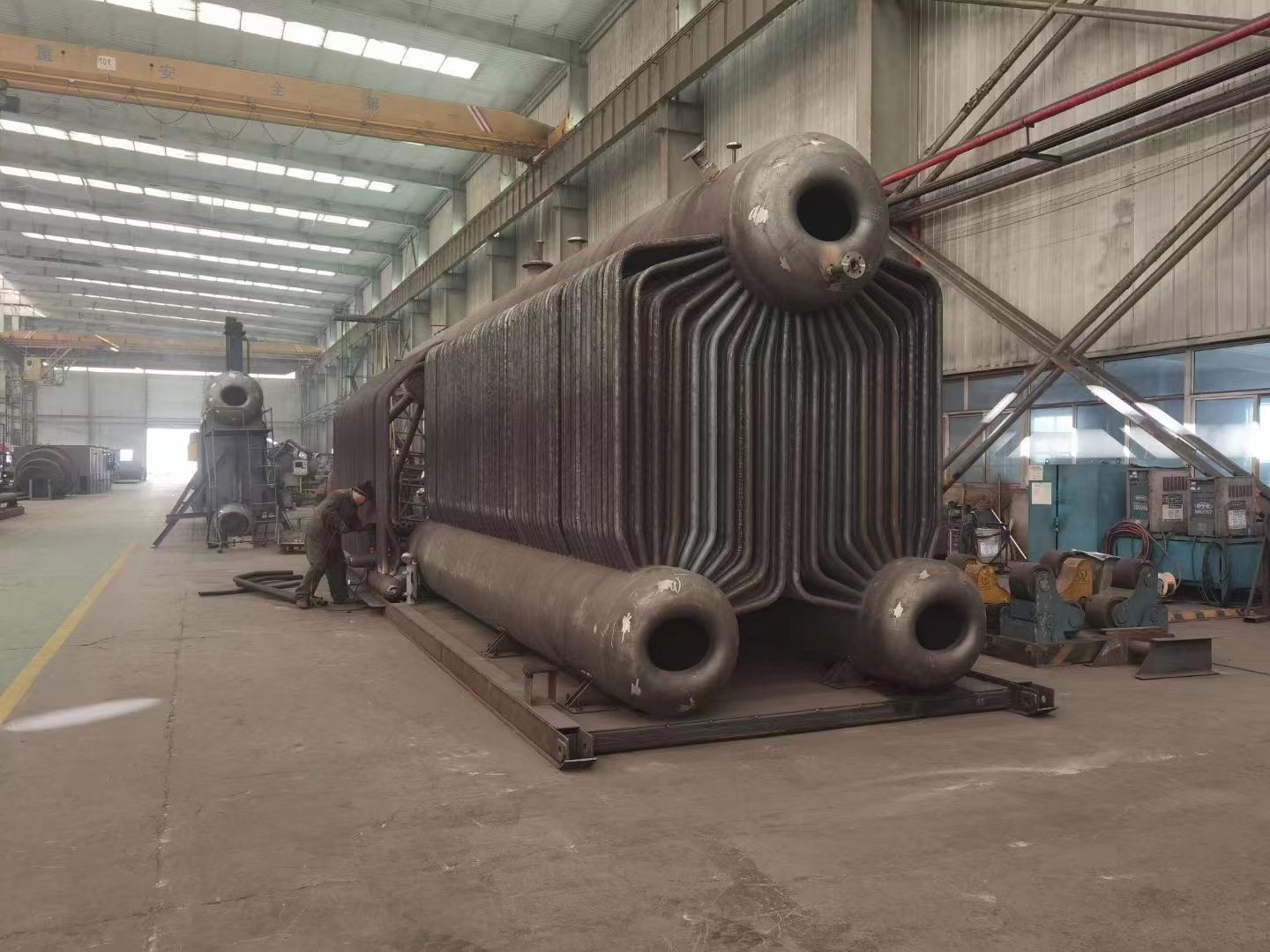Wholesale Guide to Manual Operation of Thermal Oil Heaters
Understanding Wholesale Manual Feeding Thermal Oil Heaters
In today's industrial landscape, the demand for efficient heating systems has surged, particularly in sectors that utilize thermal processing. One of the most effective solutions for such applications is the wholesale manual feeding thermal oil heater. This article will explore the functionality, benefits, and applications of these heaters, helping potential users understand their significance in various industries.
What is a Thermal Oil Heater?
A thermal oil heater is a type of heat transfer system that uses thermal oil as the medium for heat conduction. Unlike traditional steam heat systems, which can be limited by pressure and temperature, thermal oil heaters can operate at higher temperatures without the corresponding pressure risks. This makes them ideal for many industrial processes requiring consistent and high-temperature heating.
Features of Manual Feeding Thermal Oil Heaters
Manual feeding thermal oil heaters are designed to allow operators to control the fuel supply manually, making them versatile and suitable for various applications. Key features include
1. Customizable Heating Operators can adjust the fuel feed according to demand, allowing for more precise temperature control.
2. Robust Construction Typically built with durable materials that can withstand high temperatures and pressures, these heaters are designed for long-term use.
3. Energy Efficiency Many manual feeding thermal oil heaters are designed to optimize fuel combustion, reducing energy costs and environmental impact.
4. Simple Maintenance The straightforward design allows for easier maintenance and troubleshooting, ensuring minimal downtime in operations.
Benefits of Using Manual Feeding Thermal Oil Heaters
1. High Temperature Capability These heaters can achieve and maintain high temperatures, essential for processes like oil extraction, asphalt production, and chemical processing.
2. Safety Operating at lower pressures compared to traditional steam heaters mitigates the risk of explosions, making thermal oil heaters a safer choice.
4. Cost-Effectiveness While the initial investment might be higher, the long-term savings on fuel and maintenance can make manual feeding thermal oil heaters a cost-effective solution for many businesses.
wholesale manual feeding thermal oil heater

Applications Across Industries
Wholesale manual feeding thermal oil heaters are utilized in various industries, including
- Chemical Manufacturing For processes requiring precise temperature control to synthesize reactions safely and efficiently. - Food Processing Used in industrial kitchens for processes that require constant heating, such as frying or dehydrating food products.
- Textile Industry Essential for processes that require dry heat for dyeing and finishing textiles.
- Oil and Gas Used in extraction processes, where maintaining specific temperatures is crucial for efficiency.
- Construction For heating materials like asphalt, ensuring they maintain the ideal consistency for application.
Considerations When Choosing a Heater
When selecting a manual feeding thermal oil heater, several factors should be taken into consideration
1. Capacity and Size Assess the heating requirements of your specific application to determine the appropriate size and capacity.
2. Fuel Type Different heaters may be compatible with various fuel types; ensure the system is suitable for your chosen fuel.
3. Compliance and Standards Ensure the heater meets local regulations and industry standards for safety and efficiency.
4. Supplier Reputation Choose a reputable supplier who can provide support, warranty, and maintenance services.
Conclusion
Wholesale manual feeding thermal oil heaters offer a versatile and efficient heating solution for various industrial applications. With their ability to provide high temperatures safely and economically, they stand out as a staple in modern industrial settings. By investing in a quality thermal oil heater, businesses can enhance their production processes, reduce operational costs, and ensure consistent quality in their end products. As industries continue to evolve, the role of efficient heating systems like these will undoubtedly grow in significance, driving advancements and innovation across sectors.
-
Top Electric Steam Boiler Manufacturers | Industrial Steam SolutionsNewsJul.26,2025
-
Top Electric Steam Boiler Manufacturers – Reliable Industrial SolutionsNewsJul.25,2025
-
Top Electric Steam Boiler Manufacturers – Reliable Industrial SolutionsNewsJul.24,2025
-
Top Electric Steam Boiler Manufacturers – High Efficiency & ReliabilityNewsJul.23,2025
-
Best China Steam Boiler Price for Efficient Industrial HeatingNewsJul.22,2025
-
Top Electric Steam Boiler Manufacturers - High-EfficiencyNewsJul.21,2025

